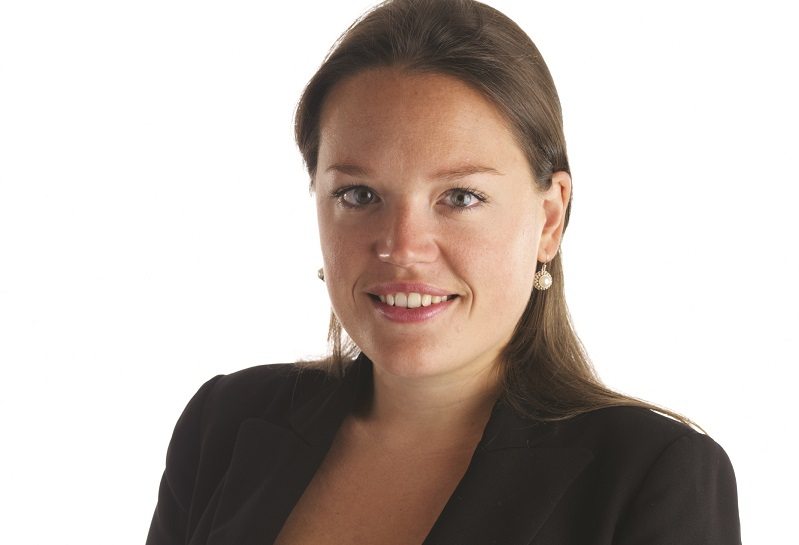Markets have been looking distinctly wobbly over the past few months as they have sought to digest a sharp rise in long-term bond yields. The culprit is inflation – or rather, fears of inflation. Will the struggling bond market dent the long-term prospects for equity investors?
Stock markets have seen some difficult days in recent weeks. The S&P 500 dropped 3% from the 24 to 26 March, while the Chinese markets have fared even worse. The concern is that economic recovery coupled with giant stimulus could send inflation higher. There are sound reasons for concern: commodity prices are rising, for example, which has been reflected in higher CPI figures across the UK, US and Europe.
Momentum Global Investment Management investment director Andrew Hardy says that higher inflation expectations are playing havoc in the bond markets. “For now and the foreseeable future, shorter-dated bond yields are effectively anchored by low base rates and QE, but that’s causing yield curves to steepen significantly, which could potentially force central banks to need to tighten policy sooner than had been expected,” he says.
This is bad news for those parts of the stock market that have been driven higher by low bond yields. It also explains the disparity in recent performance between different sectors and regions.
Banks and commodities do well while tech hit hard
Gavin Haynes, investing consultant with Fairview Investing, says the inflation beneficiaries have thrived in spite of the tough market. “Areas such as banks, commodities have done well,” he says. “It’s been the bond proxies and technology that have been hit hardest. There has also been a regional disparity. The UK did well, for example, because it is focused on cyclical areas, while the US did badly.”
It continues the performance of value over growth stocks – an extension of the trend that has been building since November 2020 when the vaccine announcement came through. Hardy singles out Tesla as one of the highest profile fallers last week. “It is now down on a year to date basis after having at one point been up around 25%,” he notes.
Will inflation become a problem?
Will it continue? Haynes says economists and fund managers are split on whether inflation is likely to become a significant problem in the near term. He says: “It is indisputable that there will be a short-term spike as consumption resumes. There is pent-up demand, while stimulus is also putting money in people’s pockets. This feeds into sentiment and is potentially inflationary.”
However, he also points to the views of fund managers such as John Pattullo at Henderson and Ariel Bezalel at Jupiter. “They make a distinction between cyclical and structural inflation,” he says. “There is no doubt a short-term spike is getting priced into the market, but there are still strong deflationary drivers, such as an ageing population and high debt. Neither of these two managers see a resurgence in 1970s style inflation.”
Rathbone UK Opportunities fund manager Alexandra Jackson (pictured) says: “Things have moved very far, very fast and I can’t see a similar move happening again. I believe the worst may be behind us. It is also worth noting that the driver for reflation is economic recovery. That is a good thing for equities.”
Nevertheless, Jackson is picking investments in a more ‘macro-conscious’ way to reflect the market’s new focus on inflation. She says: “We have run with more cyclical holdings that we would normally, particularly industrials and financials that show greater correlation to bond yields. That said, we don’t want to change track completely. It is not worth getting rid of excellent growth companies because they’re under short-term pressure.”
Fed takes a glass half-empty approach on economy
Hardy points out that the Federal Reserve chairman Jay Powell has tried to provide some reassurance by taking a glass half-empty approach on the economy in testimonies to Congress.
“He highlighted that the labour market remains a long way away from full employment and that the Fed is unlikely to meet its inflation target for three years yet, even though base effects may push it higher in the short term this year.”
As such, what is being seen is markets moving to price in a degree of tapering of ultra-loose monetary policy around the end of the year. Hardy believes it is far too early for central banks to start signalling any intention to get tougher on rates, or to try to rein in inflation.
“The Fed is likely to be the first of the major central banks to start increasing rates, but we don’t envisage that happening anytime soon.”
Equity markets should be able to handle bond market weakness
Tatton Investment Management chief investment strategist Astrid Schilo is also sanguine about the potential difficulties: “In the early stage of an economic upswing equity markets thrive on low yields and inflation; when one or both change, an adjustment takes place in terms of sectors and regions benefitting from the global upswing,” she says. “As long as rising inflation is considered a by-product of a recovering economy, markets are likely to be more apt in dealing with it.”
Haynes believes the situation may merit a barbell approach, incorporating both the risk of inflation and the potential for short-term economic setbacks. Schilo agrees that the rotation theme is likely to stay present in equity markets and therefore needs to be reflected in portfolios. As it stands, the risks are finely balanced, but the equity markets should be able to navigate bond market weakness.
See also: DFMs brace for ‘the most inflationary environment in years’










